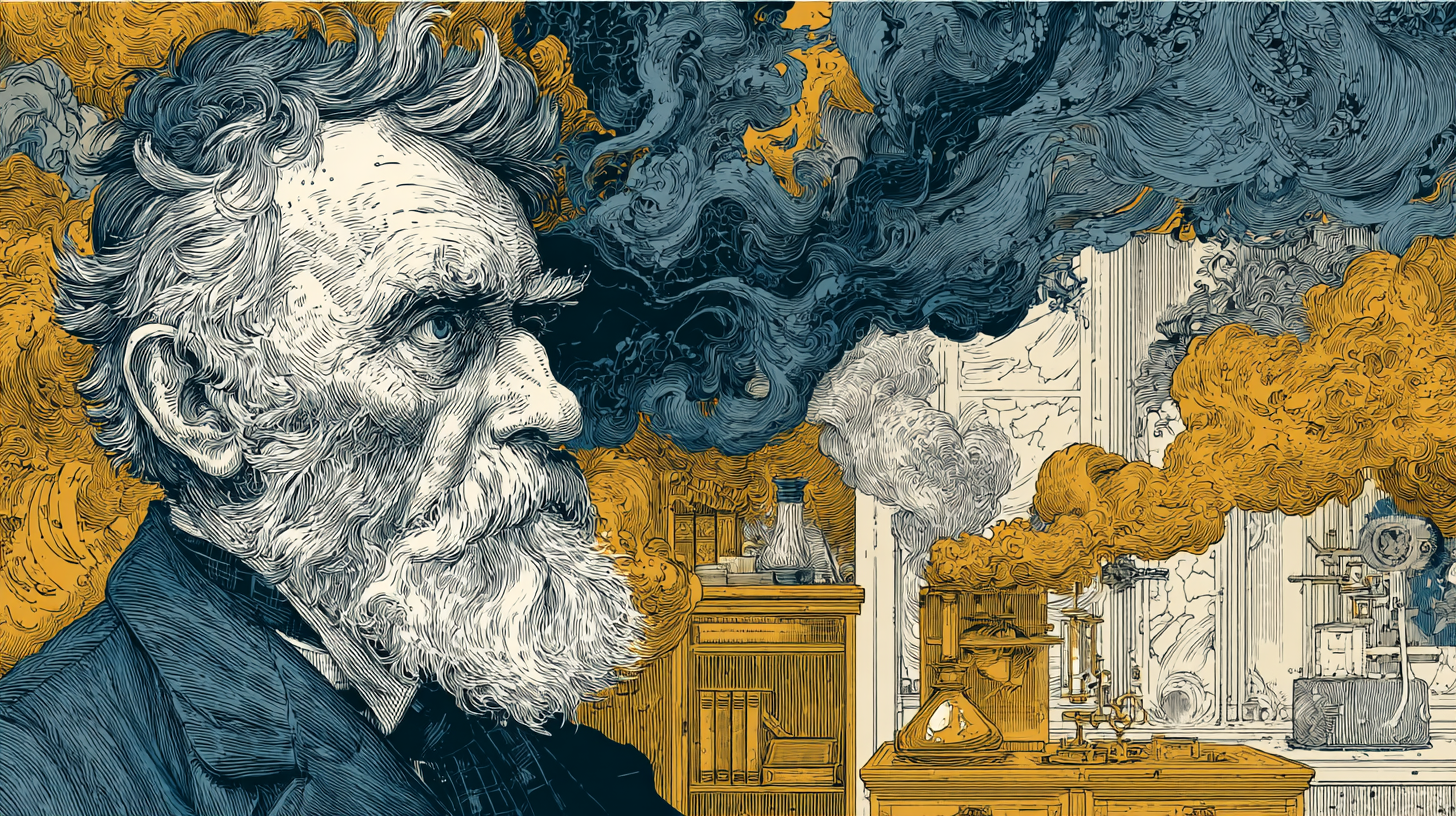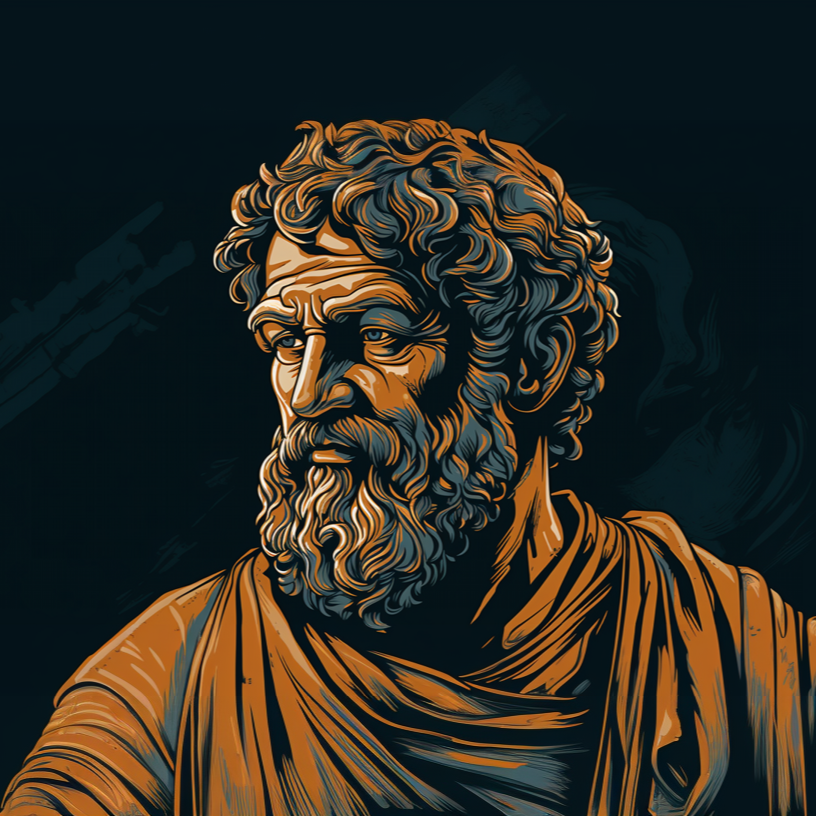Key Concept
Every Vote Counts – The idea that “every vote counts” is informed by the normative standard that each person’s vote ought to have the same weight and the same power to determine election outcomes. Systems of representative democracy make this power uneven, however, with votes in large and/or homogeneous districts having proportionally less influence than votes in small and/or heterogeneous districts and votes in politically homogeneous districts.





 It may be said, however, that in both of these supposed cases it is not the belief which is judged to be wrong, but the action following upon it. The shipowner might say, ‘I am perfectly certain that my ship is sound, but still I feel it my duty to have her examined, before trusting the lives of so many people to her.’ And it might be said to the agitator, ‘However convinced you were of the justice of your cause and the truth of your convictions, you ought not to have made a public attack upon any man’s character until you had examined the evidence on both sides with the utmost patience and care.’
It may be said, however, that in both of these supposed cases it is not the belief which is judged to be wrong, but the action following upon it. The shipowner might say, ‘I am perfectly certain that my ship is sound, but still I feel it my duty to have her examined, before trusting the lives of so many people to her.’ And it might be said to the agitator, ‘However convinced you were of the justice of your cause and the truth of your convictions, you ought not to have made a public attack upon any man’s character until you had examined the evidence on both sides with the utmost patience and care.’ And no one man’s belief is in any case a private matter which concerns himself alone. Our lives are guided by that general conception of the course of things which has been created by society for social purposes. Our words, our phrases, our forms and processes and modes of thought, are common property, fashioned and perfected from age to age; an heirloom which every succeeding generation inherits as a precious deposit and a sacred trust to be handed on to the next one, not unchanged but enlarged and purified, with some clear marks of its proper handiwork. Into this, for good or ill, is woven every belief of every man who has speech of his fellows. An awful privilege, and an awful responsibility, that we should help to create the world in which posterity will live.
And no one man’s belief is in any case a private matter which concerns himself alone. Our lives are guided by that general conception of the course of things which has been created by society for social purposes. Our words, our phrases, our forms and processes and modes of thought, are common property, fashioned and perfected from age to age; an heirloom which every succeeding generation inherits as a precious deposit and a sacred trust to be handed on to the next one, not unchanged but enlarged and purified, with some clear marks of its proper handiwork. Into this, for good or ill, is woven every belief of every man who has speech of his fellows. An awful privilege, and an awful responsibility, that we should help to create the world in which posterity will live.





